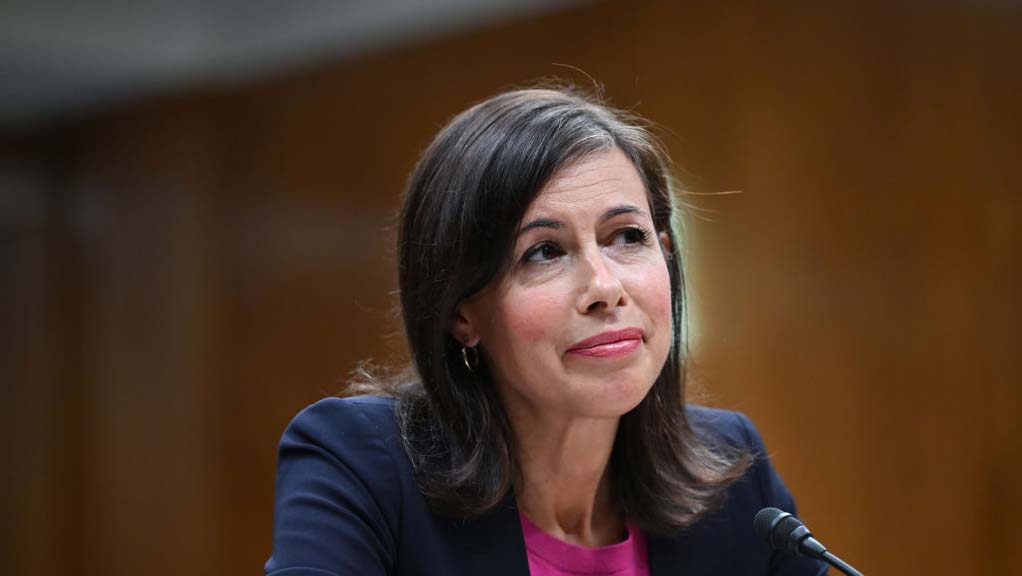
The Federal Communications Commission has voted along party lines to prohibit cable and satellite TV operators from imposing early termination fees (ETFs) on their video subscribers, calling them junk fees that discourage competition.
But there was a strong suggestion a majority of commissioners also wanted a conversation about just what the effects of those fees are and whether there were pro-consumer benefits that could be offset by protections from unfair fees.
Cable operators said the rules would hurt their competitive position concerning video streamers that aren’t subject to the same FCC regulations, and that the regulator lacks the authority to adopt them in any event.
Long-term contracts with multichannel video programming distributors (MVPDs) come with a fee for dropping the video service before the end of the agreed-upon contract period.
The FCC voted Wednesday (December 13) on a notice of proposed rulemaking that would end the fees as well as require MVPDs to provide rebates to customers who cancel service before the end of a month for which they have already paid (billing cycle fees).
The notice begins a cycle of comments and reply comments from interested stakeholders before a vote on a final order, though given support by the Democratic majority, the item is expected to make it onto the FCC’s rulebook at the end of that process.
In proposing the fees, FCC chair Jessica Rosenworcel had cited President Joe Biden’s executive order on Promoting Competition in the American Economy, which “encouraged” the FCC to prohibit “unjust or unreasonable early termination fees for end-user communication contracts.”
NCTA-The Internet & Television Association, the cable industry’s main trade association, has told the FCC the proposal is misguided because it would “deprive consumers of competitive options they currently enjoy and would raise cable operators’ costs of providing service while creating additional disparities between competitors in a hypercompetitive marketplace.” It’s a marketplace in which streamers continue to drain away video share due to the rise of “streaming services not subject to the same” rules, NCTA said.
If the FCC does ban the fees, NCTA said, it needs to preempt state or local regulation of early termination fees, since that would further impair the ability of MVPDs to compete with unregulated streamers.
NCTA also pointed out to the FCC before the vote that the Biden executive order had not proposed banning all early termination fees, just those that were unjust or unreasonable.
(After the vote, NCTA said: "We look forward to participating in this proceeding to ensure it preserves consumer choice and competitive parity. For instance, we do not support banning consumers from choosing a service plan with discounted rates in exchange for long-term service agreements that may include early termination provisions. The FCC should understand that its proposals would amount to rate regulation and result in consumers having fewer options.”)
If the FCC’s final order did switch gears and focus only on “unjust and unreasonable” fees, the commission would have to come up with a standard for what is or isn’t just and reasonable.
As to the FCC's authority to adopt the rules, NCTA said an ETF ban is a rate regulation on video service that the agency cannot impose given that it has determined that there is effective competition nationwide, and thus no basis for rate regulation.
Republican commissioner Brendan Carr agreed with NCTA that the prohibition was illegal rate regulation preempted by the FCC’s decision that MVPDs are subject to effective competition.
The FCC said it can regulate the fees under its customer service regulatory authority under the 1984 Cable Act, but Carr said he disagreed and so was a no on the item.
Commissioner Geoffrey Starks, a Democrat, said he could see the value in some ETFs if they provided for discounted service for consumers, so wanted a conversation about whether there were ways to protect consumers and still allow some such fees.
GOP commissioner Nathan Simington said consumers would wind up paying more for service if the item makes it onto the rulebook and so he, too, was a no. He also pointed out that, in terms of billing cycle fees, other businesses that don't provide rebates include Netflix, Hulu, YouTube, Apple and Spotify.
Simington said the ban would reduce consumer choice and make it harder for MVPDs to compete.
Democratic commissioner Anna Gomez also said there needed to be broad questions asked about what possible value there was in ETFs before a final decision.
Rosenworcel did use the term “restrict” rather than “ban” when discussing the relevant fees, so it was unclear just how the final item would come down on whether the fees were unfair and unreasonable on their face, or as applied unfairly and unreasonably.






